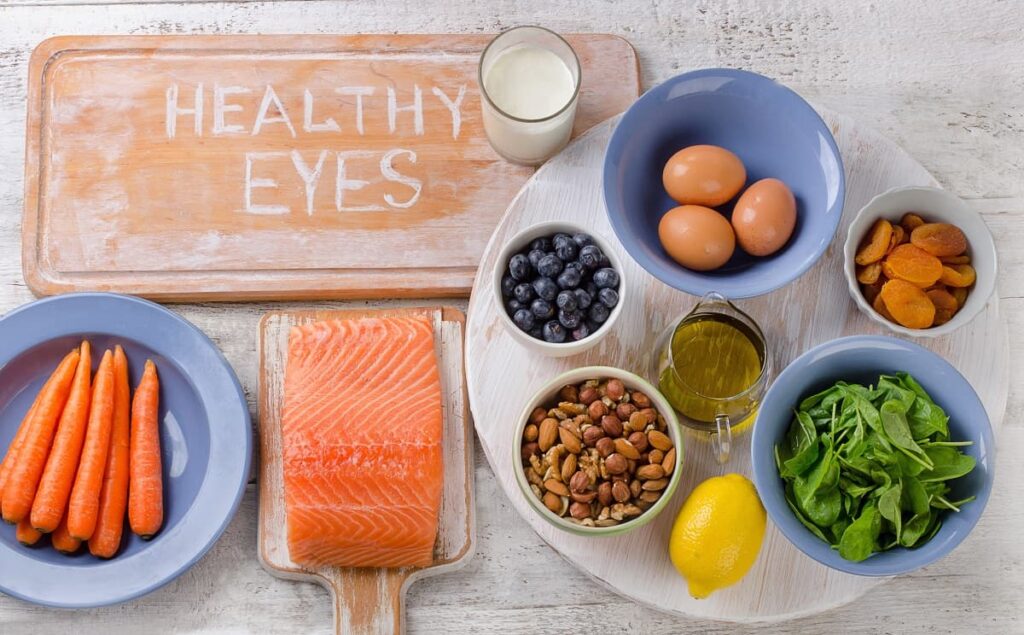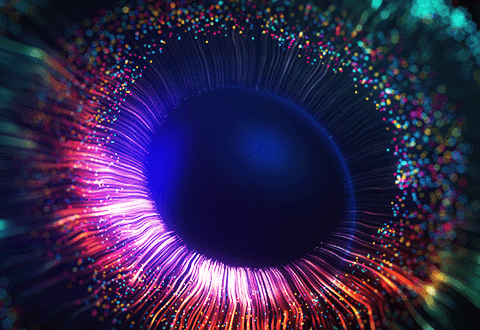Can Eating Certain Foods Improve Your Eye Health?

Watching what you eat is a simple and effective way to protect your eyesight and promote ocular health. Certain nutrients are believed to prevent, minimize or delay the onset of sight-stealing eye diseases. Read on as Access Eye shares a list of eye-friendly foods to incorporate into your diet.
The Best Foods for Eye Health
Fish
Coldwater fish like salmon, tuna, mackerel and sardines are rich in omega-3 fatty acids, which are thought to lower the risk of developing macular degeneration and cataracts. Omega-3 fatty acids are also regarded as a possible remedy for dry eyes, as the fatty acids help improve the oily layer of the tear film.
Leafy green vegetables
Leafy green vegetables like spinach, kale and turnip greens contain lutein and zeaxanthin, two antioxidants that are crucial to macular health. (The macula is the part of your retina that controls your central vision.) You can also get lutein and zeaxanthin by eating broccoli, peas and collard greens.
Citrus fruits
Citrus fruits are a great source of vitamin C, which is an antioxidant that helps protect the eyes from age-related damage. You can get vitamin C from enjoying oranges, grapefruits, lemons and tangerines. Other good sources of vitamin C include red bell peppers, tomatoes and strawberries.
Orange-colored vegetables
You’ve probably heard that carrots are good for your eyes, but do you know why? Carrots are rich in beta-carotene, an antioxidant that converts to vitamin A. Vitamin A plays an important role in converting light entering your eye into the images you see. Vitamin A is also crucial to maintaining a healthy tear film and avoiding dry eyes. Carrots are not the only good source of beta-carotene — sweet potatoes contain plenty of it, too.
Beans
Kidney beans, black-eyed peas and lima beans contain zinc, which helps promote the health and function of your retina. But getting too much zinc can have adverse effects (e.g., preventing your body from absorbing copper, which we need to make red blood cells). It is important to consume beans and other sources of zinc — like beef — in moderation.
















